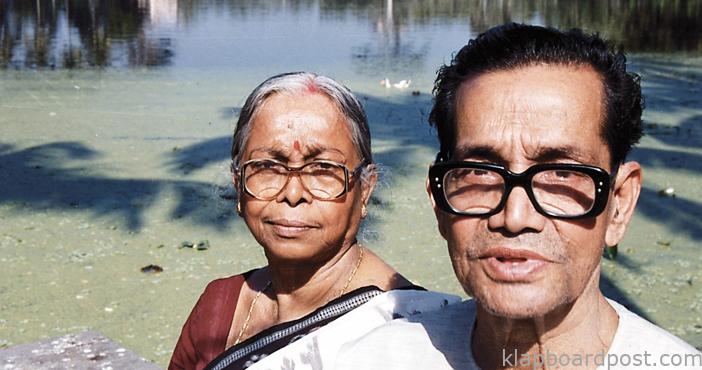Ace cinematographer Palit has poetically captured filmmaker Supriyo Sen’s expository, observatory and philosophical quest in trying to reconstruct a homeland from his memories in the personal documentary, which won the National Award in 2003 even as Doordarshan never telecast it. After 17 years, Way Back Home, along with his other National Award-winning documentary Hope Dies Last in War (2007) and Utpal Borpujari’s Memories of a Forgotten War (2016), is getting an international premiere on MovieSaints as part of a ‘War and Dehumanisation’ series. On the menu is also the brave Estonian black-and-white film In the Crosswind (2014), on the forcible deportation of an Estonian family to Siberia by Stalin’s Russia. Way Back Home is about commemorating the 75 year remains of World War II and 50 years since the Bangladesh liberation war.
 In Way Back Home, Language is lost, too, along with life and property (in forcible community displacement). Class divide was established through linguistic supremacy here (West Bengal) says Sen, 54, who grew up in the refugee para Laha Colony in then Calcutta. “Colony” was a taboo word. His Bangal bhasha was reprimanded at school as “the tongue of the unlettered uncouth”, even films showed caricaturish representations. The second half of Way Back Home coalesces the personal with the political; with footage of the-then-fresh Godhra violence (2002). “I wanted to show the cycle of violence, the similarity with the past/history. Noakhali’s revenge was taken in Punjab, Punjab’s in Bihar, Bihar’s in Gujarat,” says Sen.
In Way Back Home, Language is lost, too, along with life and property (in forcible community displacement). Class divide was established through linguistic supremacy here (West Bengal) says Sen, 54, who grew up in the refugee para Laha Colony in then Calcutta. “Colony” was a taboo word. His Bangal bhasha was reprimanded at school as “the tongue of the unlettered uncouth”, even films showed caricaturish representations. The second half of Way Back Home coalesces the personal with the political; with footage of the-then-fresh Godhra violence (2002). “I wanted to show the cycle of violence, the similarity with the past/history. Noakhali’s revenge was taken in Punjab, Punjab’s in Bihar, Bihar’s in Gujarat,” says Sen.












